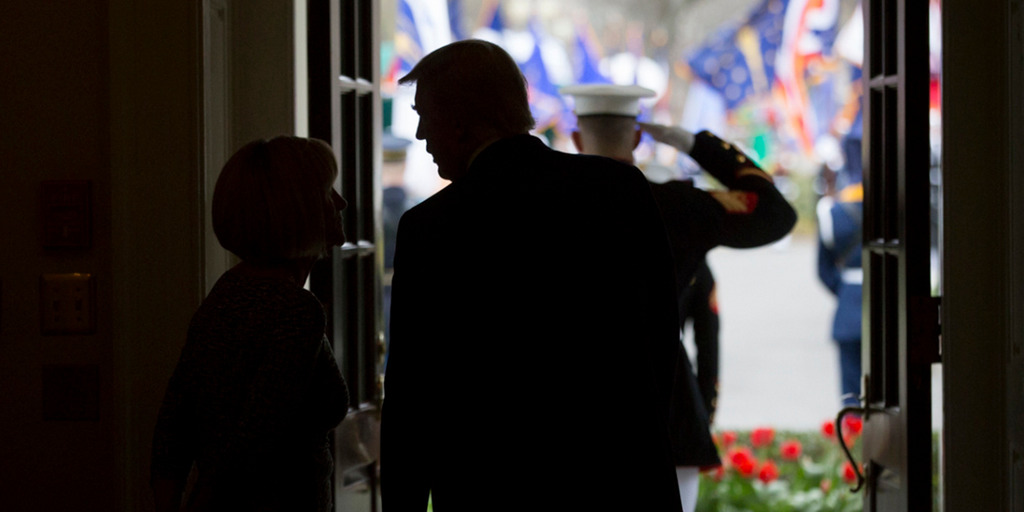The first 100 days of a presidential administration is an arbitrary benchmark. It provides an opportunity for those inside and outside of the White House to assess the performance of the incumbent, but, as history has shown, it is hardly an indicator of an administration's overall success or failure.
Between Election Day 1860 and President Abraham Lincoln's 100th day in office, 11 states had seceded from the Union. On the 86th day of John F. Kennedy's presidency, the United States embarked on an ill-conceived invasion of Cuba that ended in embarrassment and ridicule for the young president. And, of course, there was poor William Henry Harrison, who died of pneumonia after just 32 days in office. While there was no hope of redemption for Harrison, Lincoln and Kennedy managed to salvage their place in history despite an inauspicious start.
President Donald Trump, who spent much of the 2016 campaign trumpeting everything he would achieve in his first 100 days to "make America great again," has reached the century mark with a mixed record. The man who campaigned as a Washington outsider has discovered that he will need to work with insiders to advance his agenda.
In domestic affairs and foreign policy, Trump has tested the limits of his executive powers, and found that American institutions are firmly entrenched and will be formidable obstacles to any aspirations of absolute authority. Therefore, if he wants succeed, he must learn to function in the very environment he spent his brief political career denigrating.



